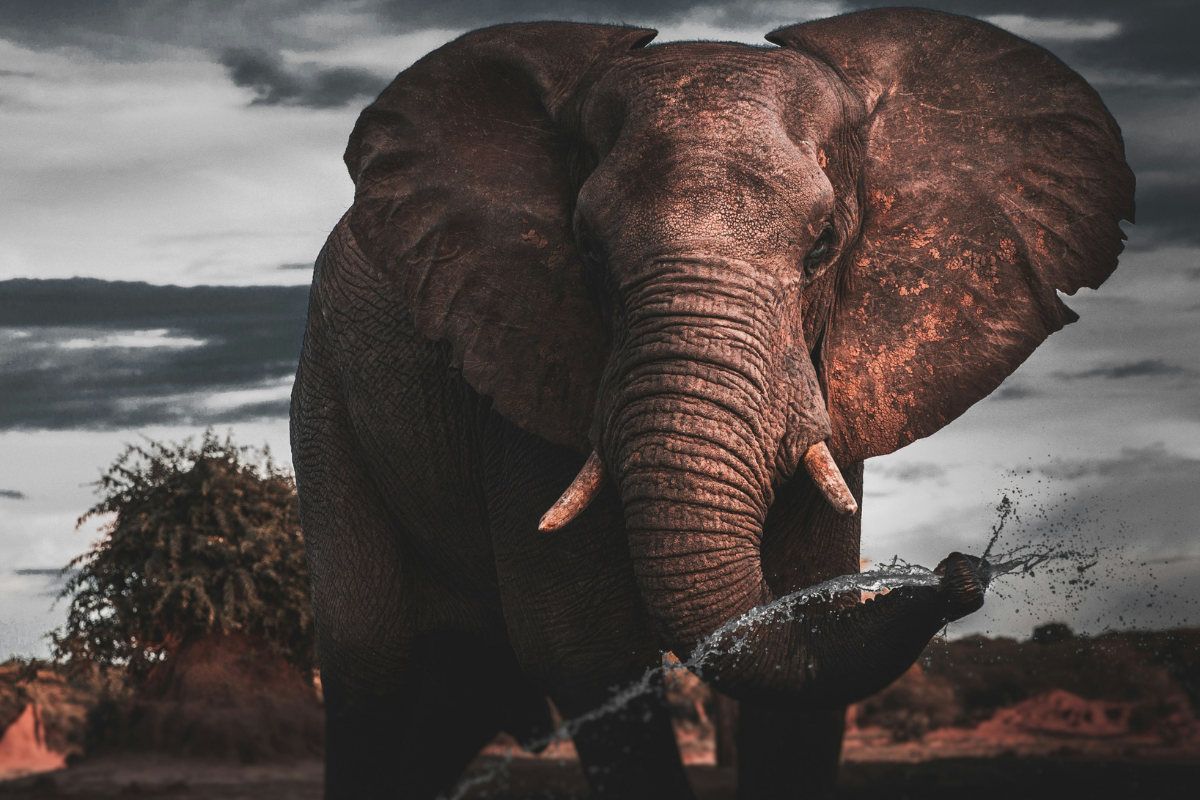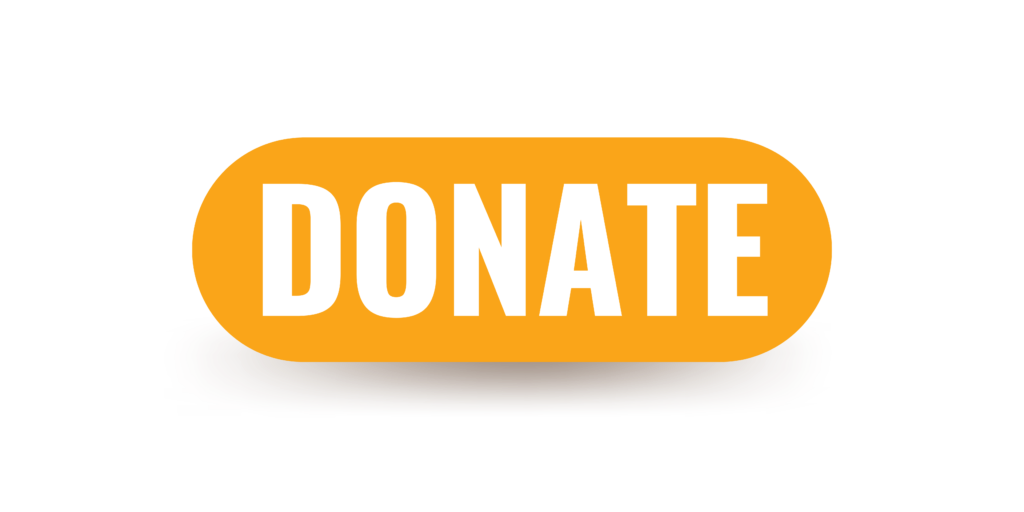Giving Tuesday is a day for people everywhere to support the causes they believe in and the communities they care about.
If you want to be a catalyst for positive change for wildlife and the environment and if you care about stopping animal cruelty and exploitation, please consider a donation to Friends of Animals. Your generosity and support will also allow us to continue to address the biggest contributors to climate change caused by human activity—deforestation, animal agriculture and fossil fuels.
This year, Friends of Animals received the highest marks of any nonprofit organization in the nation from CharityWatch for how effectively we use your donations. FoA has also been awarded the coveted 4-star rating from Charity Navigator—proof that our programs meet the highest standards for efficiency and transparency.
We invite you to make a safe, secure online donation right here on our website. Becoming a monthly donor stretches your charitable support even further and will enable us to help even more animals.
Here are just a few of the ways your gift will help us continue to change animals’ lives for the better:
• We are committed to educating the public on the importance of plant-based eating, as we enter the most crucial and final years of being able to reverse the climate crisis. FoA is making great progress on our nationwide effort to persuade more public schools to offer students a vegan entrée at lunch on a daily basis. This is astoundingly good news for animals and the environment. Not to mention, vegan food is a more inclusive and healthier option for students of all ages. This winter, we are also launching a new campaign aimed at Generation Z to address this very topic: why veganism matters, and why it’s among the most important strategies we have to tread more lightly on the planet and live in harmony with all of the earth’s inhabitants.
• Primarily Primates, the sanctuary in Texas we’ve managed since 2007, rescued 10 monkeys this year—some from a zoo in Puerto Rico that closed and others from a facility that shuttered in Florida. PPI provides lifetime care for over 300 animals, rescued from the exotic pet trade, the entertainment industry and biomedical research.
• The Chimpanzee Rehabilitation Project, an island sanctuary in the River Gambia National Park that FoA has supported for decades, is now home to 140 chimpanzees who live in four groups in freedom—without bars or cages—on three of the park’s five islands.
• FoA helped protect Connecticut’s horseshoe crabs and the wildlife who depend on them for survival by drafting and lobbying for legislation that prohibits the killing of horseshoe crabs in the state. The bill went into effect Oct. 1. We are working on getting similar legislation introduced and ultimately passed in New York.
• FoA filed a lawsuit against the Bureau of Land Management for its plan to eliminate wild horses from more than one million acres of federal public lands in Wyoming. The BLM’s illegal plan—an attempt to appease the meat industry—would decimate the wild horse populations in herd management areas in the southwestern part of the state.
• We and other members of the Climate Forests Campaign delivered comments to the Department of Agriculture calling on the U.S. Forest Service to protect mature and old-growth forests.
• FoA is pressing members of Congress to save the most endangered whale on the planet—the North Atlantic Right Whale—from extinction. Fishing gear entanglement from lobster and Jonah crab fishers and strikes by recreational boats, charter-fishing boats and commercial vessels are killing so many of them that fewer than 340 remain.
• Since our founding in 1957, the importance of affordable spay and neuter programs has been at the core of Friends of Animals’ animal advocacy. Friends of Animals’ lower-cost spay and neuter certificates have helped provide sterilizations for more than 2.8 million dogs and cats, which means we have prevented millions more animals from entering shelters in the first place. When FoA encountered vets dropping out of our spay/neuter certificate program during the pandemic, we increased payments to participating vets to reflect the new realities of costs. We are also offering members the opportunity to help dogs and cats in need by donating a certificate, which is then distributed to an individual or shelter.
Progress is not always linear. But animals need us to stay the course. With your help on this Giving Tuesday, we’ll do just that.


